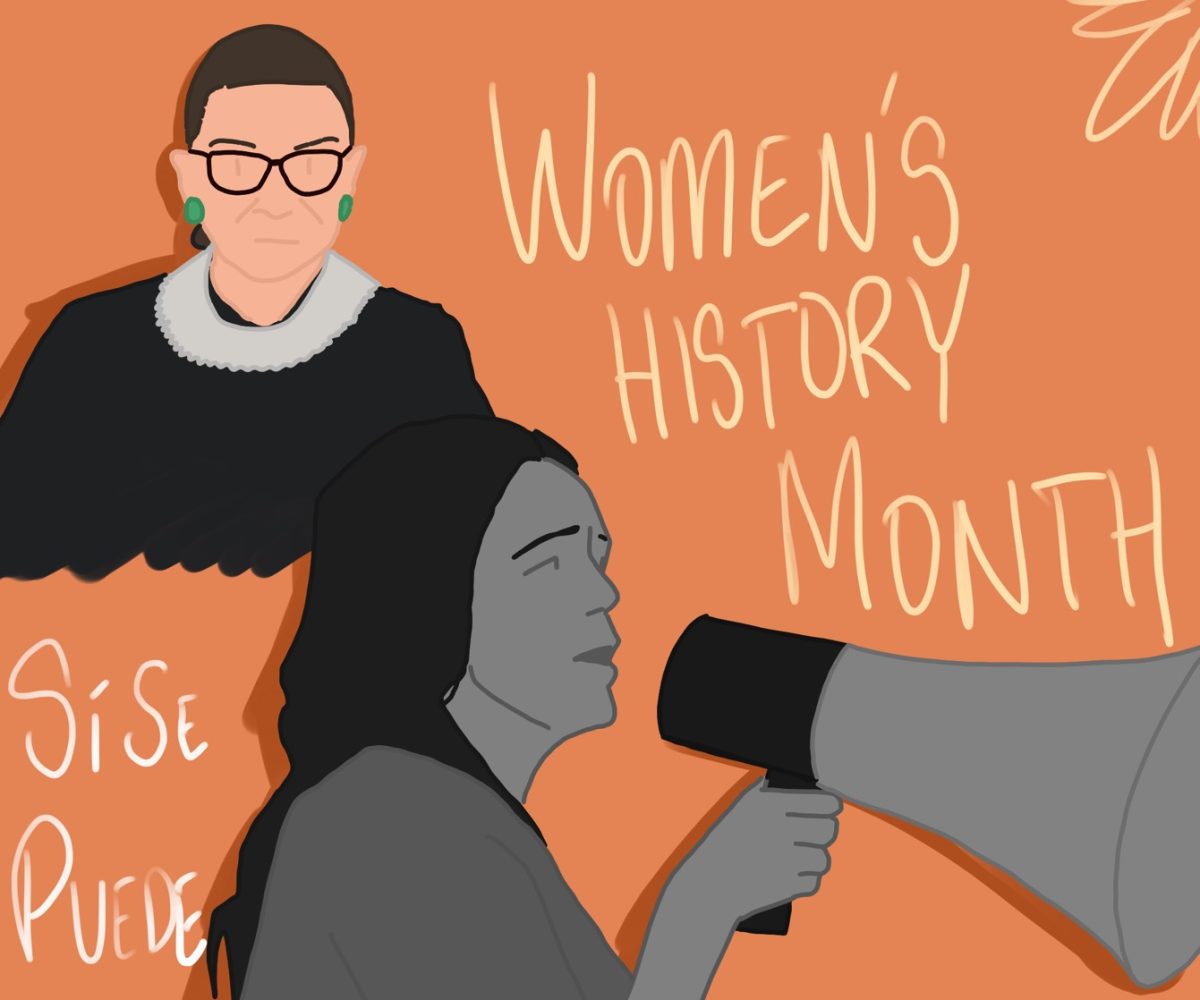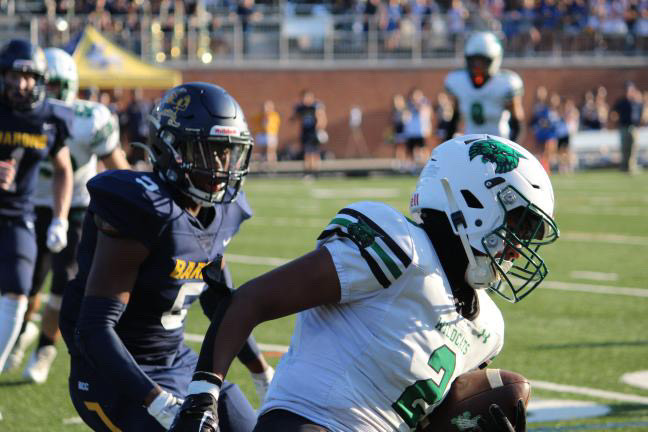In a performance I saw last week of a local musical theater conservatory, which has programs for about 100 teens in Montgomery County, only one of them, a 10-year-old girl, was not white. In the last movie I saw, the black actors were in roles of specifically black characters, written with their race as an integral part of the script. When my friend told me a story a couple days ago, she nonchalantly explained, “I was walking up the stairs and this random black kid opened the door for me; it was really nice.”
She didn’t realize that the epithet of the person’s race wasn’t necessary – it was an act of kindness no matter who opened the door. She also didn’t realize that her tone of surprise was a form of racism.
On March 8, 17-year-old Trayvon Martin was shot in Florida for simply wearing a hoodie and being black.
We are in 2012; it’s been 50 years since the Civil Rights movement and almost a century and a half since the end of the Civil War. While there have been advancements, including the election of a non-white man to president, we as a society need to be aware that racism is not over, and it is a subject that we have to be able to talk about. We can no longer make excuses by defaulting on our advancement, saying, “We have a black president! What else can we do?,” when we still have so far to come.
I’m not trying to say that I am a perfect example of being “color-blind.” I think it’s impossible to be truly colorblind, because there are differences in people. Some stereotypes have grains of truth in them, and we cannot pretend that everyone is the same. But, if we can’t be color-blind, then our society needs to at least be color-fair and the key to that is awareness.
Be aware of what you watch. Just because a TV show or movie casts non-white people does not mean that the show is diverse. A show is only diverse if all the characters could be any race; any person of any color could audition, and any person of any color could be cast, without affecting the writing. Unfortunately, this is rare.
Most films that feature interracial relationships exhibit themes about racism, and use the film to preach about how everyone should judge people by what’s inside their heart, not the color of their skin. But if the movies were just about normal couples who happened to be different races, wouldn’t that teach audiences the same theme but in a better way? (Keep in mind, according to PewResearch Center in 2008, one in seven new U.S. marriages are interracial or interethnic.
This issue particularly came to light when audiences reacted violently via the Internet to the casting choices of The Hunger Games. The recent hit movie The Hunger Games, based on the popular trilogy by Suzanne Collins, features African American actors in three crucial roles: Cinna (Lenny Kravitz), Rue (Amandla Stenberg), and Thresh (Dayo Okeniyi). After the casting results came out, there was a bit of an uproar on Twitter about these choices; some said that Rue’s death “wasn’t as sad” because she was black, and some complained that “all the good characters [are] black.”
It is shocking that people could be so ignorant. First of all, those three characters are described in the book specifically as having dark skin, so those Twitter-ers who claim to be fans should re-read the series before telling the producers to “stick to the book.” Second of all, if someone is a fan of a character, why should the character’s race in the movie even matter? The personality traits are the same, so a fan’s attachment should also remain intact. Third of all, this movie is about children killing each other for the amusement of the government in a future dystopia. How would our current racial prejudices even be relevant?
Overall, this issue led me to realize that in this day and age, issues of race are often swept under the rug. Students at WJ live in a progressive community, so we shy away from bringing up race in daily conversation, for fear of being self-righteous or shifting too far to the other side of the spectrum. We may think that by talking about race, we are perpetuating the distinctions, so if we ignore race as an issue, then we can all just carry on as if there are no differences between different colors of skin.
By not talking about race, however, people are not diminishing racism; many studies have shown that people, children especially, will make unconscious judgments based on skin tone without ever having to be told what racism is. By nature, humans fit themselves into categories and demographics automatically, so by not talking about race, people are just perpetuating those judgments and mental fixations.
My plea is this: talk to your friends about race. Try to pass on the idea that people are just people; the biology is all pretty much the same.





